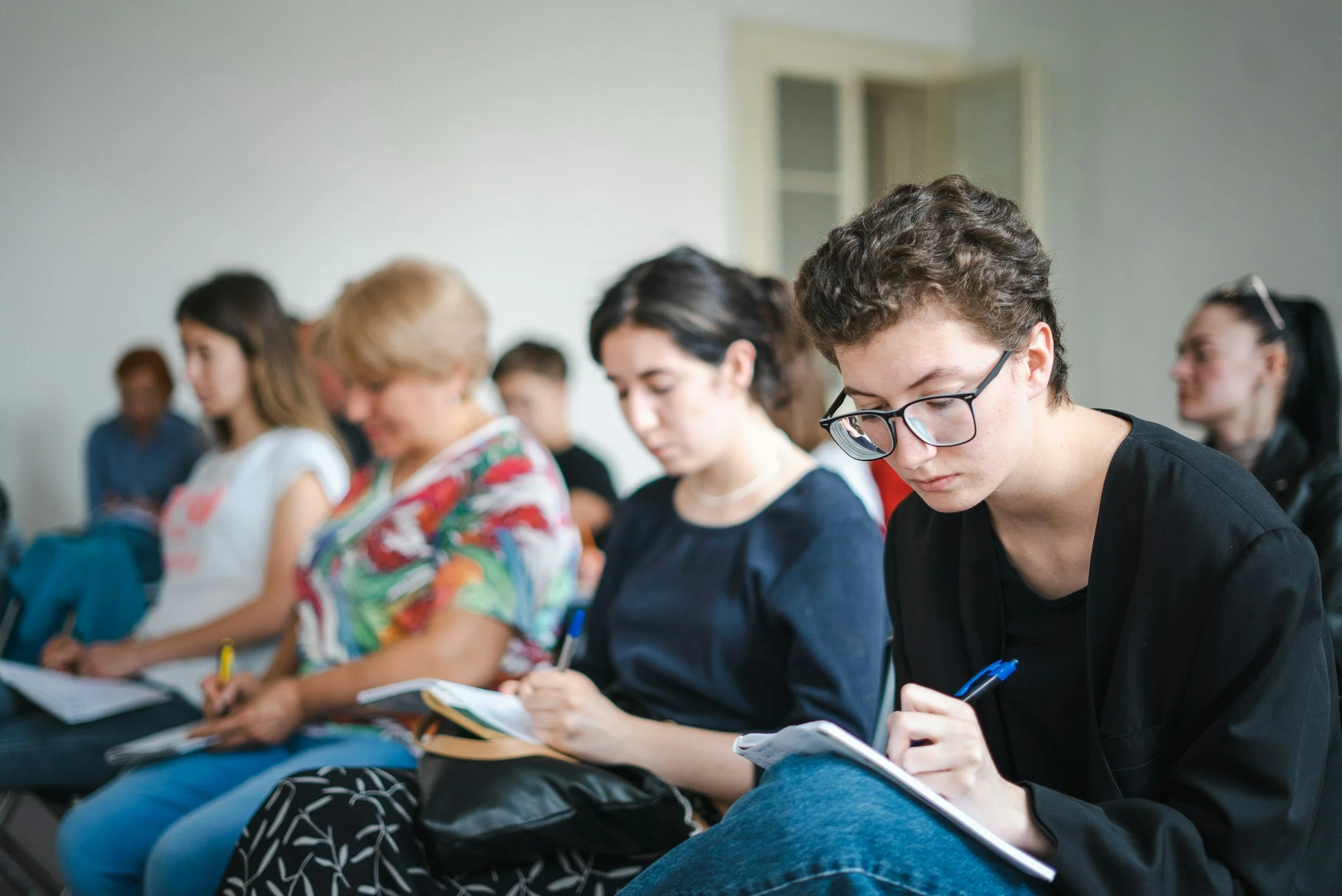
-

Survivorship & Supportive Care
Goals and focus
Improve access to survivorship care, resources, and support services.
Address long term health and quality-of-life challenges for cancer survivors.
Foster collaboration among healthcare providers, care givers, community organizations, and others to enhance survivorship outcomes.
Who should join?
Anyone who is interested in cancer survivorship in Washington state. This includes cancer survivors and caregivers, Healthcare professionals, patient support organizations, researchers, public health professionals and advocates working in cancer survivorship care and long-term health outcomes.
-

Clinical Trials
Goals and focus
The Clinical Trials working group meets monthly to support the development of the Cancer Plan with an emphasis on the inclusion of clinical trials and associated governance to address cancer rates in Washington.
Who should join?
Anyone who has an interest in or works in clinical trials, research governance and design, health equity in clinical research, and best practices. We especially welcome people who have participated in clinical trials in the past, or wanted to and had barriers to participation.
-

Health Disparities
Goals and focus
Identifying and bridging equity gaps within gender, race, ethnicity, insurance status, culture, and other social determinants by rural and urban communities
Goal is to alleviate barriers to care, thereby increasing access to care, health screenings and preventative care in underrepresented populations through health literacy and collaboration with other groups.
Who should join?
Organizations whose focus is on health of underrepresented communities throughout the lifespan
Community service organizations where public health is a pillar of their focus (Thinking about a Rotary district who approached me about working with access to care issues) on goes here
-

Prevention and Screening
Early detection is a critical component in improving cancer outcomes. For several common cancers, including breast, cervical, colorectal, lung, prostate, and skin, evidence-based screening methods are available that can identify disease in its earliest stages, often before symptoms appear or metastasis occurs. Timely screening enables access to effective treatment options and significantly improves survival rates.
Goals and focus
The Prevention & Screening Workgroup is dedicated to advancing cancer prevention and early detection efforts across the state by focusing on the following strategic priorities:
· Prevention through Education
Increase public awareness across the state about cancer, its risk factors, and the importance of early prevention. Through community outreach and educational initiatives, we aim to empower individuals with knowledge about modifiable risk factors and promote evidence-based strategies for reducing cancer risk.
The efforts will focus on delivering accessible, culturally relevant information that supports individuals in making informed decisions about their health.
Enhance Cancer Awareness
Promote education about prevalent cancers in Washington State, with a focus on communities experiencing low screening rates. Increase public understanding of cancer risk factors and the importance of early detection.Improve Screening Rates
Identify and disseminate best practices for early cancer screening and detection. Develop and implement actionable strategies to address barriers contributing to low screening uptake.Address Community Barriers
Engage communities to better understand the systemic and individual-level barriers that limit access to cancer screenings and care. Collaborate on solutions that improve accessibility and equity.Reduce Health-Related Social Needs (HRSN)
Work to eliminate racial, ethnic, and socioeconomic disparities in cancer screening and follow-up care—particularly for colorectal, cervical, breast, and lung cancers, as well as cancer-related vaccinations.Who should join?
- Anyone from additional work groups within CAPOW, healthcare professionals, researchers, public health professionals
- Representation from community-based organizations, local/state cancer organizations
- Representation from Community Serving (CBO/Health Systems) Including (but not limited to): Tribal, Rural, Urban, Accountable Community of Health, Critical Access Hospitals.
-

Communications
Goals and focus
The communications working group meets monthly to support the communications and materials needed for the broader CAPOW coalition. This includes development, review and approval of the newsletter, promotional materials, website updates, the dissemination of reports and other coalition information and materials.
Who should join?
This is a great working group for those who have social media experience, are familiar with graphic design, surveys, reports, website updates, or other coalition communications.
-

Advocacy and Government Relations
Goals and focus
The advocacy and government relations working group meets monthly to support the development of a future advocacy plan for the Cancer Plan to be used to educate the Washington State Legislature. We focus on monitoring potential federal policy impacts on the work of CAPOW and the implementation of the 2025-2030 Plan.
Who should join?
This workgroup is great for those who have an interest in civic engagement, and who might be familiar with government relations and advocacy, have experience with federal, state, or local government, or are looking to learn! Participants should confirm that they are able to interact with legislators, as some professional roles prohibit that activity.
-

Data Governance
Stay tuned as this workgroup gets set up!
